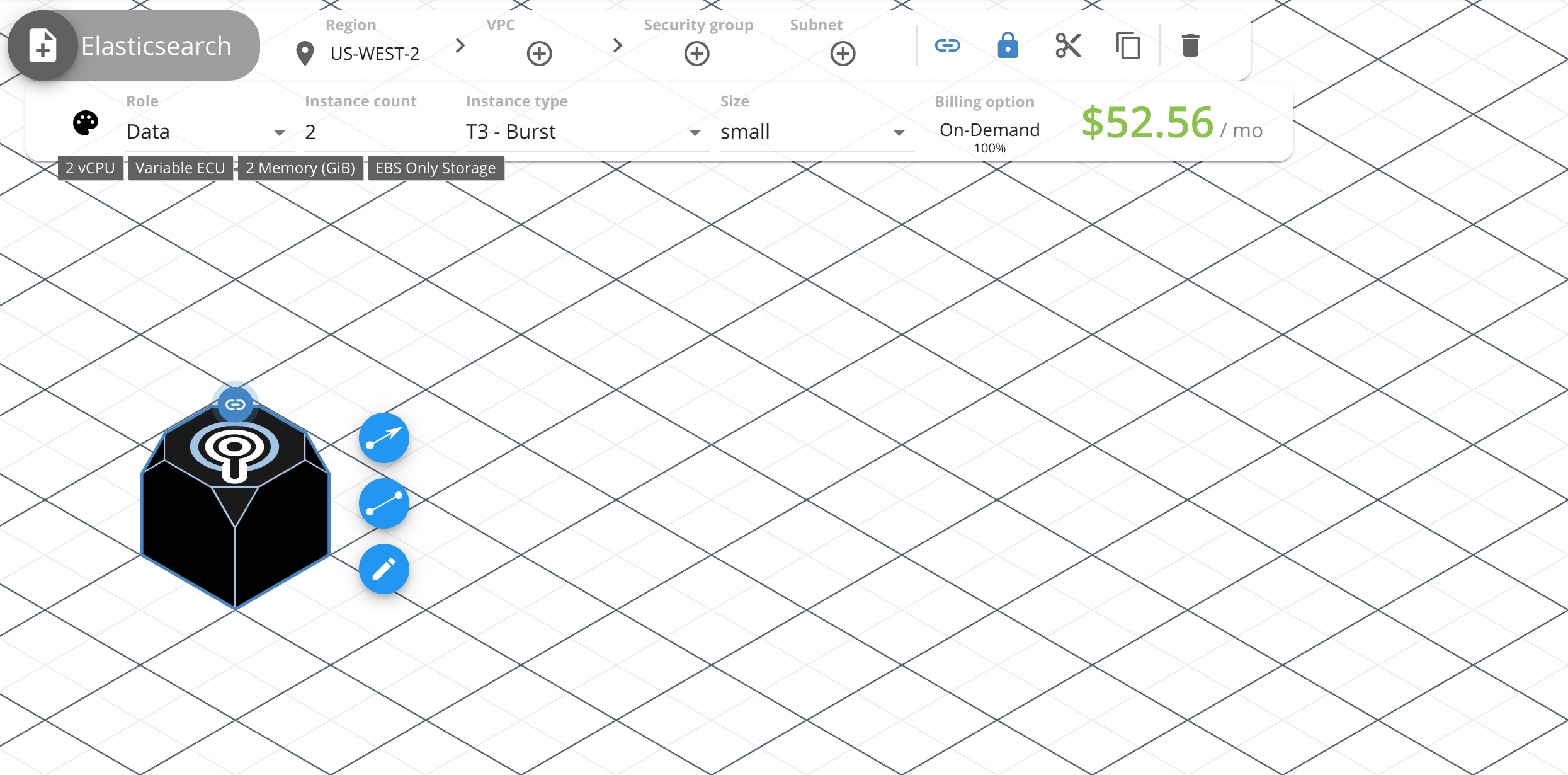- Essentials
- Getting Started
- Datadog
- Datadog Site
- DevSecOps
- Serverless for AWS Lambda
- Agent
- Integrations
- Containers
- Dashboards
- Monitors
- Logs
- APM Tracing
- Profiler
- Tags
- API
- Service Catalog
- Session Replay
- Continuous Testing
- Synthetic Monitoring
- Incident Management
- Database Monitoring
- Cloud Security Management
- Cloud SIEM
- Application Security Management
- Workflow Automation
- CI Visibility
- Test Visibility
- Test Impact Analysis
- Code Analysis
- Learning Center
- Support
- Glossary
- Standard Attributes
- Guides
- Agent
- Integrations
- OpenTelemetry
- Developers
- Authorization
- DogStatsD
- Custom Checks
- Integrations
- Create an Agent-based Integration
- Create an API Integration
- Create a Log Pipeline
- Integration Assets Reference
- Build a Marketplace Offering
- Create a Tile
- Create an Integration Dashboard
- Create a Recommended Monitor
- Create a Cloud SIEM Detection Rule
- OAuth for Integrations
- Install Agent Integration Developer Tool
- Service Checks
- IDE Plugins
- Community
- Guides
- API
- Datadog Mobile App
- CoScreen
- Cloudcraft
- In The App
- Dashboards
- Notebooks
- DDSQL Editor
- Sheets
- Monitors and Alerting
- Infrastructure
- Metrics
- Watchdog
- Bits AI
- Service Catalog
- API Catalog
- Error Tracking
- Service Management
- Infrastructure
- Application Performance
- APM
- Continuous Profiler
- Database Monitoring
- Data Streams Monitoring
- Data Jobs Monitoring
- Digital Experience
- Real User Monitoring
- Product Analytics
- Synthetic Testing and Monitoring
- Continuous Testing
- Software Delivery
- CI Visibility
- CD Visibility
- Test Optimization
- Code Analysis
- Quality Gates
- DORA Metrics
- Security
- Security Overview
- Cloud SIEM
- Cloud Security Management
- Application Security Management
- AI Observability
- Log Management
- Observability Pipelines
- Log Management
- Administration
Elasticsearch Component
Overview
Use the Elasticsearch component to represent Elasticsearch clusters from your Amazon Web Services architecture.
Toolbar
Use the toolbar to configure and customize the component. The following options are available:
- Color: Select a predefined color or enter the hexadecimal value of the color for the component and its accent. The component can use the same color for both the 2D and 3D view, or different colors for each.
- Role: Select the role of the Elasticsearch instance.
- Instance count: Enter the number of instances for the Elasticsearch cluster.
- Instance type: Select the type of instance. Changing the instance type changes the hardware details shown in the toolbar to reflect what is used by the hypervisor.
- Size: Select the size of the instance. As with instance type, the hardware details shown in the toolbar change to reflect the size.
- Billing option: The pricing model used for the instance.
API
Use the Cloudcraft API to programmatically access and render your architecture diagrams as JSON objects.
Schema
The following is an example JSON object of a Elasticsearch component:
{
"type": "es",
"id": "5f8df311-0641-410e-b427-89b7dc5e5b84",
"region": "us-west-2",
"mapPos": [0,10],
"role": "data",
"instanceCount": 2,
"instanceType": "t3",
"instanceSize": "medium",
"billingOptions": {
"type": "ri",
"leaseContractLength": 36,
"purchaseOption": "Partial Upfront"
},
"color": {
"isometric": "#ececed",
"2d": "#693cc5"
},
"accentColor": {
"isometric": "#4286c5",
"2d": "#ffffff"
},
"link": "https://aws.amazon.com/elasticsearch-service/",
"locked": true
}
- type: es: The type of component.
- id: string: A unique identifier for the component in the
uuidformat. - region: string: The AWS region the Elasticsearch instance is deployed in. All global regions are supported except
cn-regions. - mapPos: [number, number]: The position of the component in the blueprint, expressed as an x- and y-coordinate pair.
- role: string: The role used for the Elasticsearch instance. Accepted values are
dataandmaster. - instanceCount: number: The number of instances in the Elasticsearch cluster. Defaults to
1. - instanceType: string: The type of instance. [See Accepted values for
instanceTypefor more information. - instanceSize: string: The size of the instance. See Accepted values for
instanceSizefor more information. - billingOptions: object: The pricing model used for the instance. See Accepted values for
billingOptionsfor more information. - color: object: The fill color for the component body.
- isometric: string: The fill color for the component in the 3D view. Must be a hexadecimal color.
- 2d: string: The fill color for the component in the 2D view. Must be a hexadecimal color.
- accentColor: object: The accent color used to display the component logo on the block.
- isometric: string: The accent color for the component in the 3D view. Must be a hexadecimal color.
- 2d: string: The accent color for the component in the 2D view. Must be a hexadecimal color.
- link: uri: Link the component to another diagram using the
blueprint://IDformat or to external website using thehttps://LINKformat. - locked: boolean: If
true, changes made to the component using the application are disabled until unlocked.
The Elasticsearch component can be added to VPCs, security groups, and subnets.
Accepted values for instanceType
The instanceType key accepts the following values:
c4, c5, i2, i3, m3, m4, m5, r3, r4, r5, t2, t3, ultrawarm1
Accepted values for instanceSize
The instanceSize key accepts the following values:
micro, small, medium, large, xlarge, 2xlarge, 4xlarge, 8xlarge, 9xlarge, 10xlarge, 12xlarge, 16xlarge, 18xlarge, 24xlarge, 32xlarge
Accepted values for billingOptions
The billingOptions key supports all billing options accepted by the Cloudcraft web application:
- On-demand
- Reserved instance
Each option is represented differently inside the billingOptions object.
On-demand
{
"billingOptions": {
"type": "od",
"utilization": 1
}
}
- type: od: The billing option value for on-demand is always
od. - utilization: number: A floating number representing how much the instance is used in a given month.
Reserved instance
{
"billingOptions": {
"type": "ri",
"leaseContractLength": 36,
"purchaseOption": "Partial Upfront"
}
}
- type: ri: The billing option value for a reserved instance is always
ri. - leaseContractLength: number: The length of time the instance is reserved. Accepted values are
12or36. - purchaseOption: string: The purchase option for the instance. Accepted values are
No Upfront,Partial Upfront, andAll Upfront.

